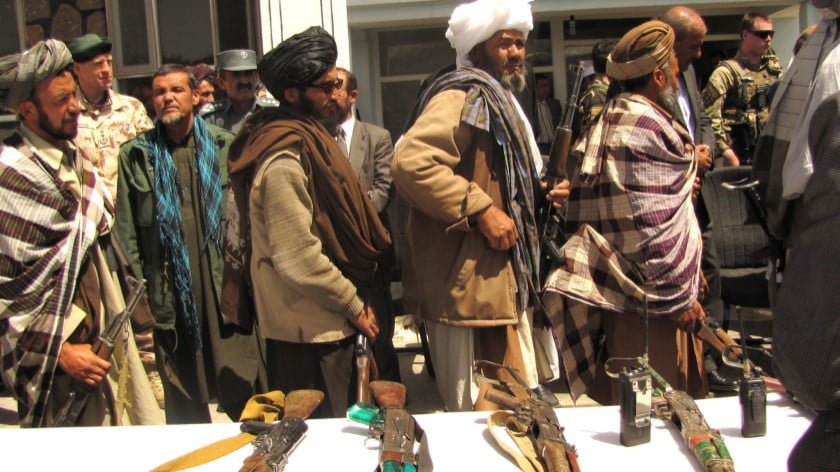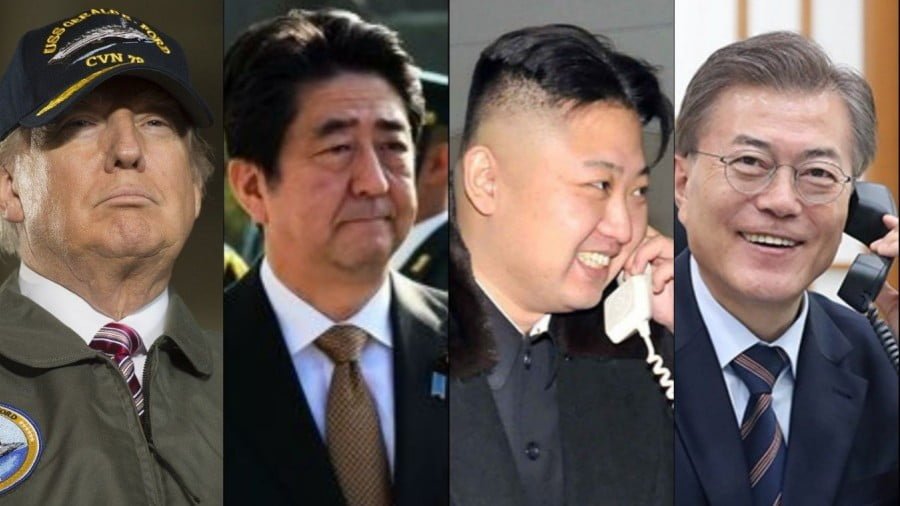Daesh Is Curiously Pursuing the Same Strategic Goal as India in Afghanistan
The world’s most notorious terrorist group claimed credit for a suicide bombing in Pakistan that killed the Taliban leader’s younger brother and threatened to derail the organization’s peace talks with the US, which curiously aligns with the same strategic goal being pursued by India in Afghanistan.
Daesh claimed credit for a suicide bombing at a Pakistani mosque on Saturday that ended up killing the Taliban leader’s younger brother, briefly raising fears that the organization would pull out of its ongoing peace talks with the US in response. Those concerns were quickly dismissed after one of the group’s unnamed representatives told Reuters that “If someone thinks martyring our leaders would stop us from our goal they’re living in a fool’s paradise”, which was met with a sigh of relief by practically everyone in the world, that is, except India. The South Asian state doesn’t support the US’ decision to engage in peace talks with the Taliban, as the author elaborated upon earlier this year in his piece about “Reading Between The Lines: India Has Sour Grapes Over America’s Afghan Peace Talks“, which explained that New Delhi wants Washington to remain in Afghanistan indefinitely since its partner’s military presence guarantees that the landlocked country could be used to expand its “strategic depth” by functioning as a HybridWar staging ground against the global pivot state of Pakistan.
It’s therefore curious that Daesh’s latest suicide attack in Pakistan could have fulfilled India’s political fantasy of sabotaging the US-Taliban peace talks and thus keeping the Pentagon indefinitely in Afghanistan. One would be inclined to believe that Daesh would prefer for the US to leave the country as soon as possible, yet the world’s most notorious terrorist group defied expectations through its brazen action that could have resulted in the opposite. While Daesh’s rivalry with the Taliban is well known, it’s difficult to believe that it would do what it did at this specific time given the ultra-sensitive context involved relating to the US’ possible withdrawal from Afghanistan if the peace talks succeed, so it certainly makes one wonder whether Indian intelligence might have had a hand in guiding events, at the very least. It wouldn’t exactly be unprecedented either since detained Hybrid War operative Kulbhushan Jadav admitted to organizing terrorist attacks in the Pakistani region of Balochistan, which is where Daesh’s latest one occurred.
There’s no way to know for sure whether this was the case or not, but it’s nevertheless a plausible theory when considering the aforementioned strategic variables at play. Indian intelligence has connections with terrorist groups and is using them as proxies for waging a Hybrid War on Pakistan that’s hitherto mostly been with the intent of sabotaging CPEC, so it’s not inconceivable that some of those same assets could be used to target the Taliban’s younger brother with the intent of provoking the group to pull out of its peace talks with the US. Should that have been the case, then this operation definitely failed, but it would reveal just how desperate India is to keep the American military in Afghanistan that it would resort to orchestrating a carefully calibrated terrorist attack that could have ended up being a global game-changer. It would also speak to just how distrustful India is of its new American military-strategic ally and represent an escalation of the incipient Hybrid War being waged by both of them against the other, albeit with India taking the step to make it kinetic whereas the US had kept it purely within the economic and diplomatic realms for now.
By Andrew Korybko
Source: Eurasia Future







